Kate Briggs & Lucrezia Russo
Price £14.99+pp
ISBN 978-1-907468-20-9
Year 2013
Edition 350
Pages 144pp
Binding Perfect bound; one colour cover on matt paper; full colour with images throughout
Contributors: Graham Allen, James Arnett, Abraham Asfaw, Anne Attali, Katarzyna Bazarnik, Derek Beaulieu, Paul Becker, Christian Bök, Shanna Bosley, Stephen Bury, Chloe Briggs, Kate Briggs, Maurice Carlin, Jennifer Carr, Guillaume Constantin, Jamie Crewe, Véronique Devoldère, Lucia della Paolera, Craig Dworkin, Zenon Fajfer, Helen Frank, Céline Guyot, John Hamilton, Sharon Kivland, Gianni Lavacchini, Anna-Louise Milne, Forbes Morlock, Simon Morris, Amy Pettifer, Lucrezia Russo, Olivia Sautreuil, Nick Thurston, Jane Topping, Madeleine Walton, Patrick Wildgust, Robert Williams and Jack Aylward-Williams, Sarah Wood, Gillian Wylde.
There is nothing like The Nabokov Paper. Now more than ever we need critical writing that provokes and excites. The responses here included do that and more. They are answers that question, and that offer ‘an invitation, or incitation’ to read and to respond in kind. The Nabokov Paper brings the news. Read all about it.”
–Stephen Benson, University of East Anglia and co-author of Creative Criticism: An Anthology and Guide
The Nabokov Paper is an experiment in novel-reading. The project takes as its starting point a now famous class taught during the 1950s by Vladimir Nabokov at Cornell University, New York State, entitled Literature 311-312: Masters of European Fiction. Nabokov’s approach to teaching literary reading was notoriously idiosyncratic. Convinced that one must teach the books themselves, not ideas or generalities, Nabokov would make diagrams of the floor plans of fictional buildings, map the routes taken by characters through the spaces of the novel, and draw items of clothing or furniture; he would also propose to track the course of a single letter, offer a visual representation of a stylistic device, and uncover what he called the mysteries of literary structures. His methods are striking for the range of gestures they call for in the name of good reading. The published Lectures on Literature (New York: Harcourt, 1980) concludes with an appendix of sample exam questions. Responding to those questions some sixty years after the fact offers a means to explore what Nabokov’s take on how to read might have to teach us today: about the novel, about how reading works across practices and disciplines, and about the past, present and future forms of literary criticism.
In April 2012, ten artists, eight writers, six university professors, three translators, two architects, a librarian, a curator, a graphic designer, an illustrator and a computer engineer each selected a question on one of seven course texts: Jane Austen’s Mansfield Park, Charles Dickens’s Bleak House, Gustave Flaubert’s Madame Bovary, Robert Louis Stevenson’s Dr Jekyll and Mr. Hyde, Franz Kafka’s “The Metamorphosis”, Marcel Proust’s Swann’s Way, and James Joyce’s Ulysses. The responses they turned in take the form of writing, drawing, painting, film, graphs, indexes, lists, maps, newly designed editions, objects, scale-models, a lecture and a reading game. This work, together with an introduction to the aims of the project, is presented in The Nabokov Paper – a publication that acts both as a record of the experiment and an invitation to undertake it again.
Shandy Hall (Coxwold) will host an eponymous exhibition to celebrate the book, opening October 26 at 15:00 and running until November 31, 2013. Please contact the Laurence Sterne Trust for details: shandyhall@dsl.pipex.com.
Kate Briggs is the translator of two volumes of Roland Barthes’s late lectures at the Collège de France (Columbia University Press, 2010 and 2013) and the author of Exercise in Pathetic Criticism (information as material, 2011) along with a forthcoming series of reading works.
Lucrezia Russo is a graphic designer and educator. She is currently launching, with Céline Guyot, Offschool, a Paris-based structure which runs public workshops on art, design and architecture.
The Nabokov Paper
- Categories →
- Events
- Publications
Portfolio
-
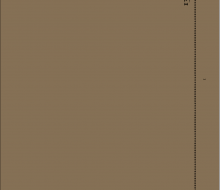
13 March 1911

-
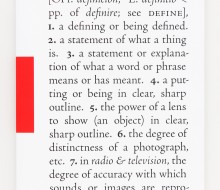
Def.

-
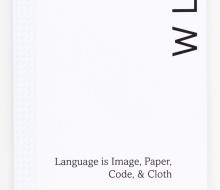
Weaving Language

-
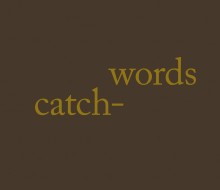
Catch-words

-
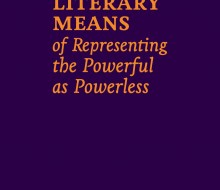
On the Literary Means of Representing the Powerful as Powerless

-
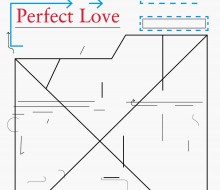
Perfect Love

-
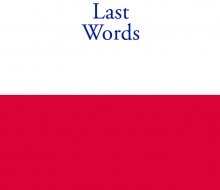
Last Words

-
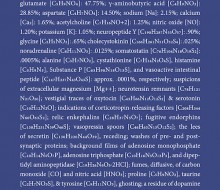
Reading Matters

-
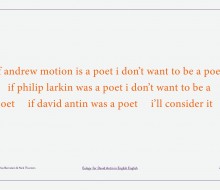
Eulogy for David Antin in English English

-
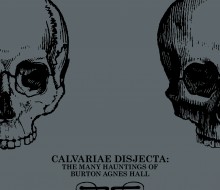
Calvariae Disjecta: The many hauntings of Burton Agnes Hall

-
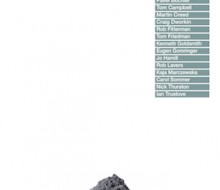
Reading as Art

-
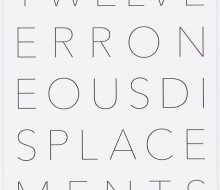
Twelve Erroneous Displacements and a Fact

-

Cartography for Girls

-
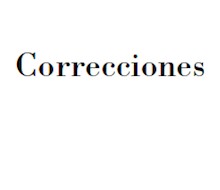
Correcciones

-
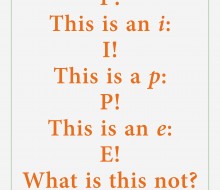
Magritte for Cheerleaders

-
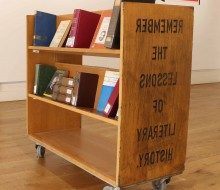
(Expanded Second Edition)

-
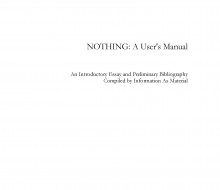
Nothing: A User’s Manual

-
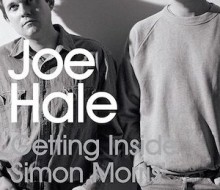
Getting Inside Simon Morris’ Head

-
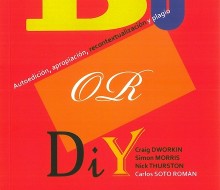
Spanish Do or DIY translation

-
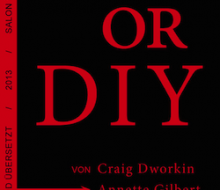
German Do or DIY translation

-
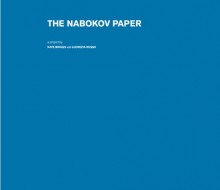
The Nabokov Paper

-

I, Sparkie

-
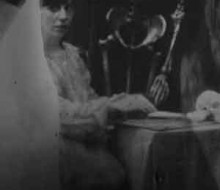
Dis Manibus: A Taxonomy of Ghosts from Popular Forms

-
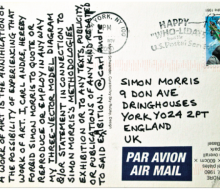
Learn to Read Differently

-
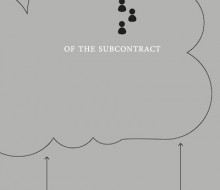
Of the Subcontract, Or Principles of Poetic Right

-
Page 141 2

-

Jaap Blonk, Poet-in-Residence at Shandy Hall

-
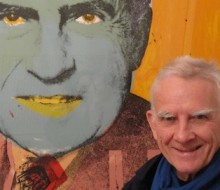
Garry Neill Kennedy, Artist-in-Residence at Shandy Hall

-
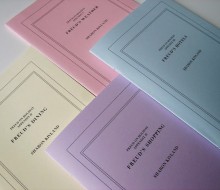
Freud on Holiday: Appendices III and IV, plus full wrapped set

-
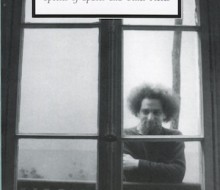
Pigeon Reader

-
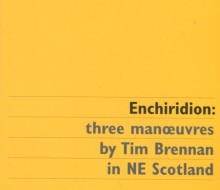
Enchiridion: three manoeuvres by Tim Brennan in NE Scotland

-
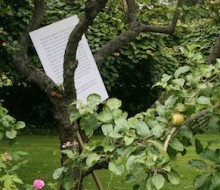
Do or DIY – exhibition 2

-
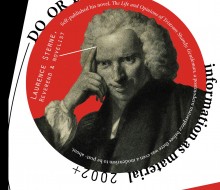
Do or DIY – pocketbook

-
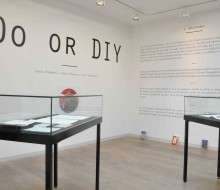
Do or DIY – exhibition 1

-
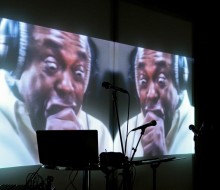
Sucking on Words poetry readings

-
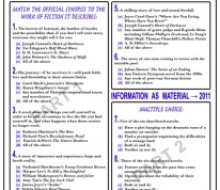
The Man Booker Shortlist Quiz!

-
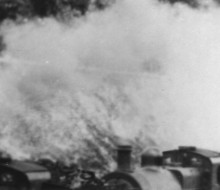
Reisen II

-
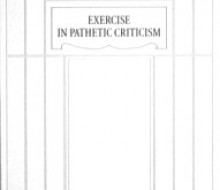
Exercise in Pathetic Criticism

-
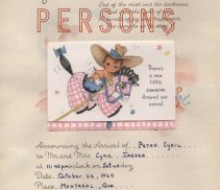
The Persons

-
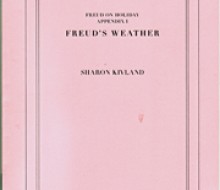
Freud’s Weather

-
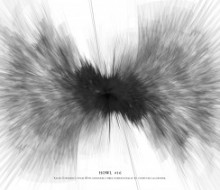
Howl #16

-
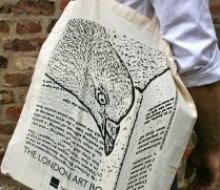
Have a Peck at Perec, tote bag

-
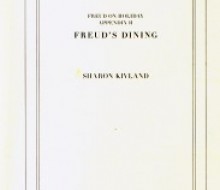
Frued’s Dining

-
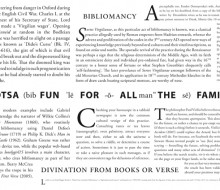
Bibliomancy: Lotsa Fun For All The Family

-
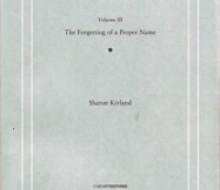
The Forgetting of a Proper Name

-
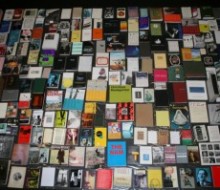
Summer School for Literary Perverts

-
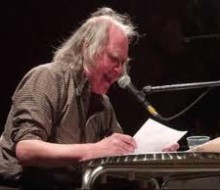
Poetry Readings in Leeds

-
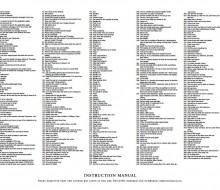
Instruction Manual

-
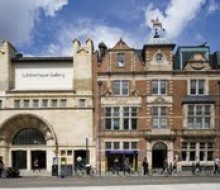
information as material residency

-
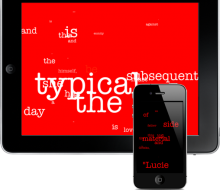
Re-Writing Freud app

-
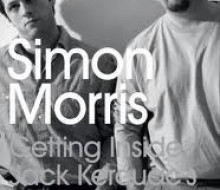
Getting Inside Jack Kerouac’s Head

-
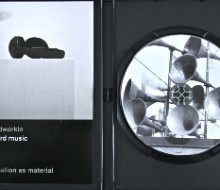
Making Nothing Happen DVD

-
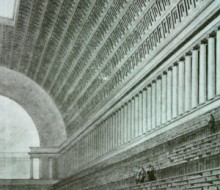
The Perverse Library

-
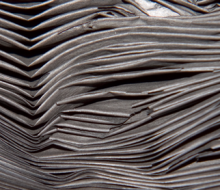
The Perverse Library exhibition

-
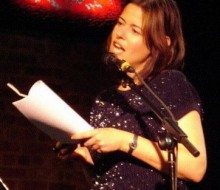
Robert Fitterman & Kim Rosenfield Residency

-
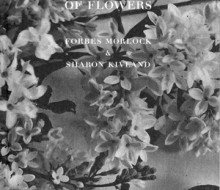
Freud and the Gift of Flowers

-
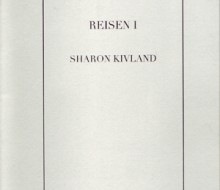
Reisen I

-
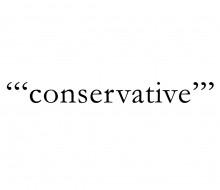
THE IDEOLOGY OF DAVID CAMERON’S PARTY

-
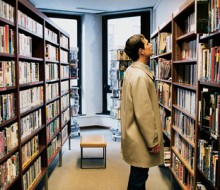
Marie-Josée Jean & Klaus Scherübel Residency

-
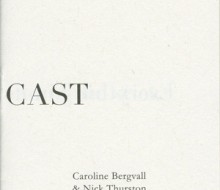
THE DIE IS CAST

-
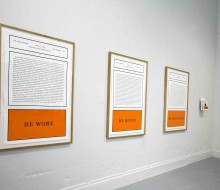
He

-

Historico-naturalis et Archaeologica ex Dale Street

-
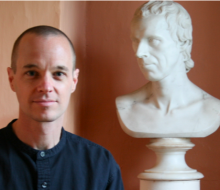
Craig Dworkin Residency

-
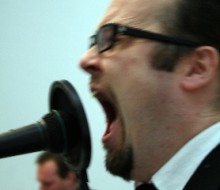
The Voice and Nothing More: an academic mash up

-
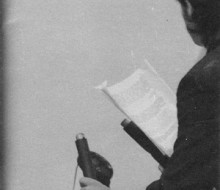
Spinning Vol. II: De-Centering the Self

-
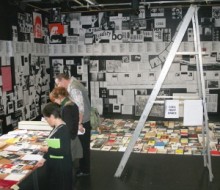
A Perverse Library

-
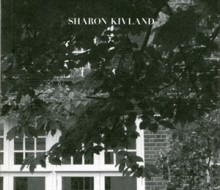
An Agent of the Estate

-
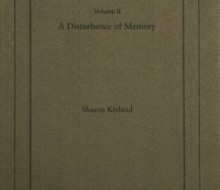
A Disturbance of Memory

-
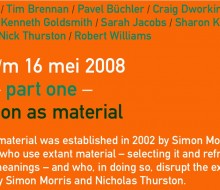
Iam Survey Exhibition

-
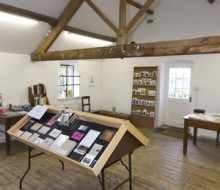
A One Day Bookshop for Experimental Literature

-
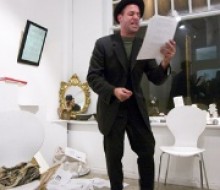
Kenneth Goldsmith Residency

-
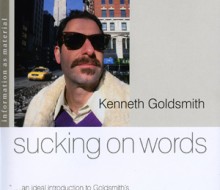
sucking on words DVD

-
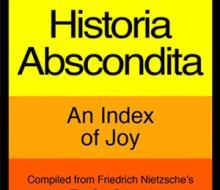
Historia Abscondita (An Index of Joy)

-
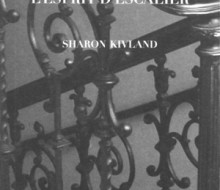
L’esprit d’escalier

-

We Report Here

-
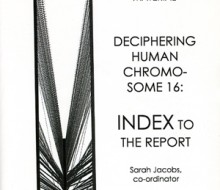
Deciphering Human Chromosone 16: Index to the Report

-
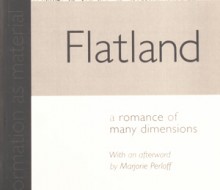
Flatland: A Romance of Many Dimensions

-
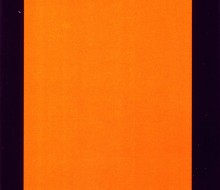
Reading the Remove of Literature

-
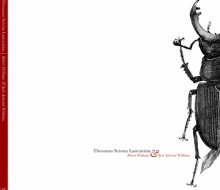
Thesaurus Scienta Lancastriae

-
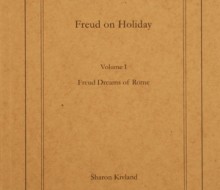
Freud Dreams of Rome

-
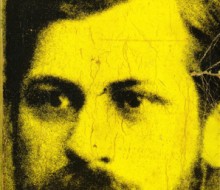
Re-Writing Freud

-
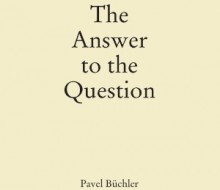
The Answer to the Question

-
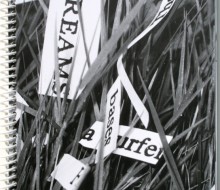
Royal Road to the Unconscious

-
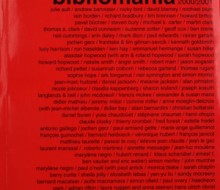
bibliomania 2000-2001

-
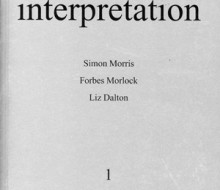
Interpretation vol.I

-
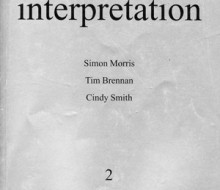
Interpretation vol. II

-
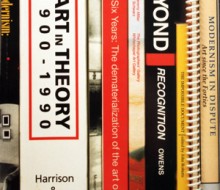
bibliomania 1998-1999


